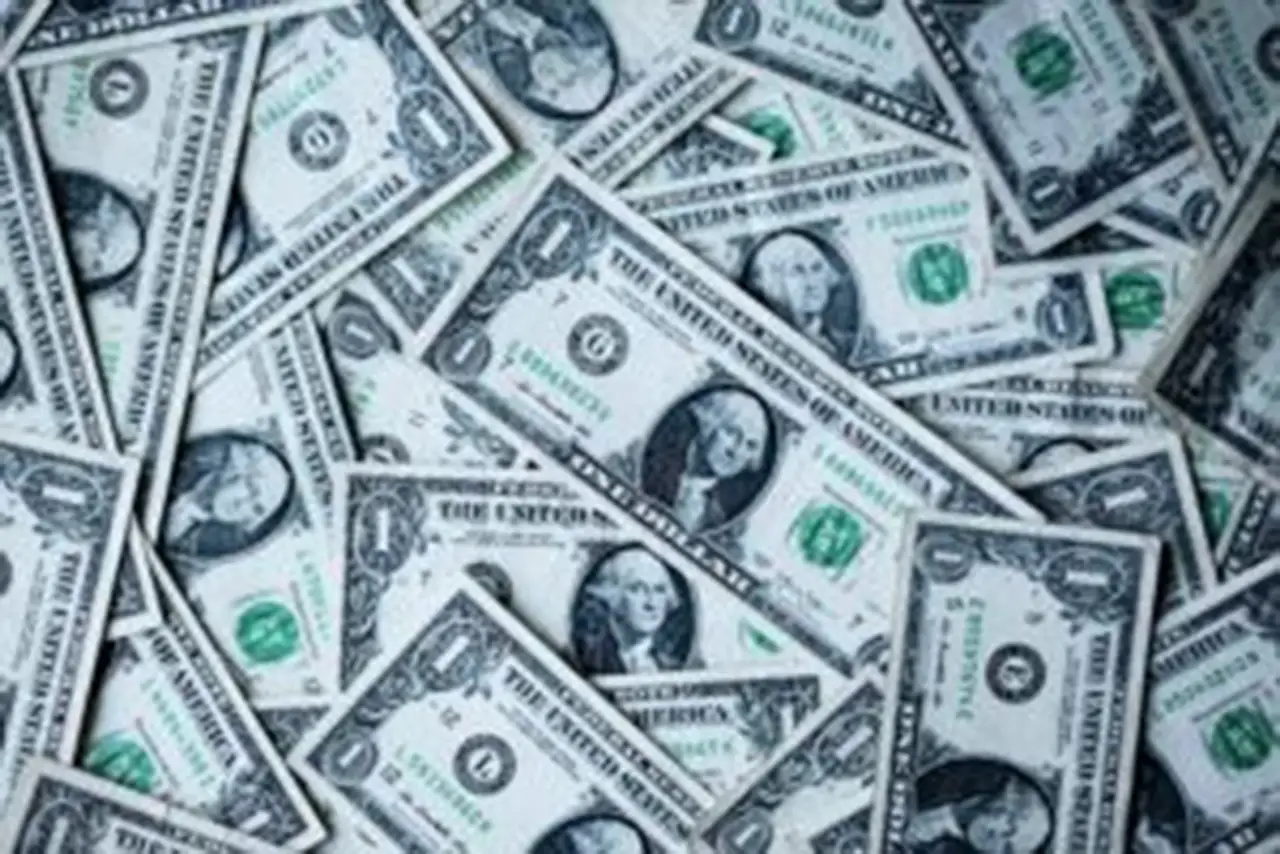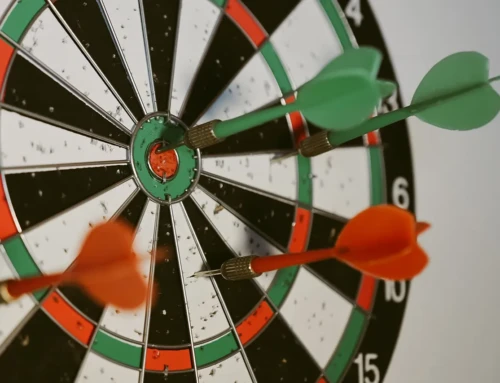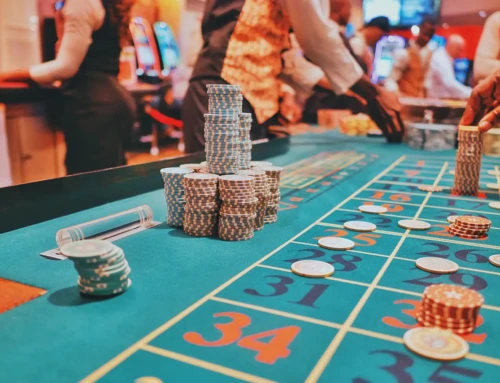Our True Selves

Renowned Canadian Psychologist Paul TP Wong said “A person’s true character is often revealed in times of crisis or temptation. Make sure you have what it takes to be your best in such times.”
We all know our true selves show in times of crisis. It’s the second part of Wong’s statement that really grabbed me as I looked for a way to start this post. How do we make sure we have what it takes to be our best in such times? There’s only one answer: preparation.
Can we still prepare?
Some would say you can’t prepare for a crisis like the one that’s unfolding now. In fairness, I would agree that there is no way to fully prepare emotionally for the scope of devastation COVID-19 has caused and will cause.. But we could have prepared for it financially. Some did. Now, you might be saying, “it’s too late to prepare now.” And again, in fairness, it’s too late to fully prepare in advance. But it’s never too late to adjust and prepare in some measure for what still may come.
What it means to prepare financially right now
Preparing financially means developing adequate cash reserves. Developing adequate cash reserves begins with proper cash flow management. It continues with not throwing every spare dollar we can muster into investments we don’t understand solely because everyone else is doing it. It’s never too late to gain a handle on your cash flow and begin accumulating cash.
As we all scurry and scramble to get our hands on stimulus checks and PPL’s and EIDL’s and SPVL’s, the “authorities” pull back on the string and the dollar bill goes sliding across the floor. And we predictably chase it. The “stimulus” we’ve been promised is a return of a teeny, tiny little sliver of our own money. A much bigger slice is going to the banks we all bailed out in 2008, and the corporations that borrowed hundreds of billions to blow up their stock prices for the executives at the top. The Federal Reserve is an arm of the Treasury, and the Treasury is owned by the corporations through their campaign financing. The Fed has no money to provide as stimulus except what they create out of thin air, and the Treasury has no money to provide as stimulus but what they collect from us in tax revenue.
We need to learn to be efficient with our resources, financial and otherwise. And we need to plan.
How to plan better than “stimulus”
Don’t misunderstand. We know and acknowledge that this stimulus is a critical lifeline at this stage, and this is in no way intended to cast judgement on those asking for it. But, rather than pawing and scratching at “stimulus” during every crisis (and perceived crisis), we need to rescue ourselves. We need to learn to be efficient with our resources, financial and otherwise. And we need to plan. There is no way to achieve our maximum potential, financial and otherwise, without developing systems to maximize efficiency.
We ask every prospective client we see what their current advisors have invested their money in. Without fail, they say “I don’t know.” Then we ask them what they’re paying. Again, without fail, they say “I don’t know.” It reminds me of Jeff Spiccoli and Mr. Hand from the movie “Fast Times at Ridgemont High.” Who do you think is maximizing efficiency in this relationship: the advisor and their broker dealer, or the client?
Cash flow is King
Bottom line, most Americans were financially unprepared for this crisis because their advisors never talked to them about accumulating cash or held them accountable to developing cash flow management systems. Most financial advisors, and more importantly, their broker dealers, lose revenue when their clients hold cash, and they lose time and court liability risk when they advise on anything other than the “profit center,” which is the brokerage account that holds the stocks and funds. In fairness to the broker dealers and their registered representatives, Americans didn’t learn any of these things from their parents or their schoolteachers either, and most of them didn’t want to. So, the broker dealers and their advisors just exploit what was already a vulnerable situation.
Imagine how good it would feel to buckle down and develop some cash flow discipline. How good would it feel to know your advisor has a fiduciary duty to put your financial interests before their own, to know exactly what you pay them, and that you’re maximizing the efficiency of your resources? How good would it feel to know exactly what you’re investing in, and like it?
You don’t need to hear from us that this crisis is far from over. And, for the record, we do not believe that the recent uptick in stock prices is the beginning of a long-term recovery in the stock market. Unfortunately, from where we sit, The Fed becoming the majority holder of the US bond market is not the panacea for the underlying problems facing markets. Quite the contrary. Again, it’s not too late to make a plan. To prepare. So our true selves can be our best selves in the face of this crisis, and the next.
Written
April 15, 2020
Read Time
4 min read
More Posts




